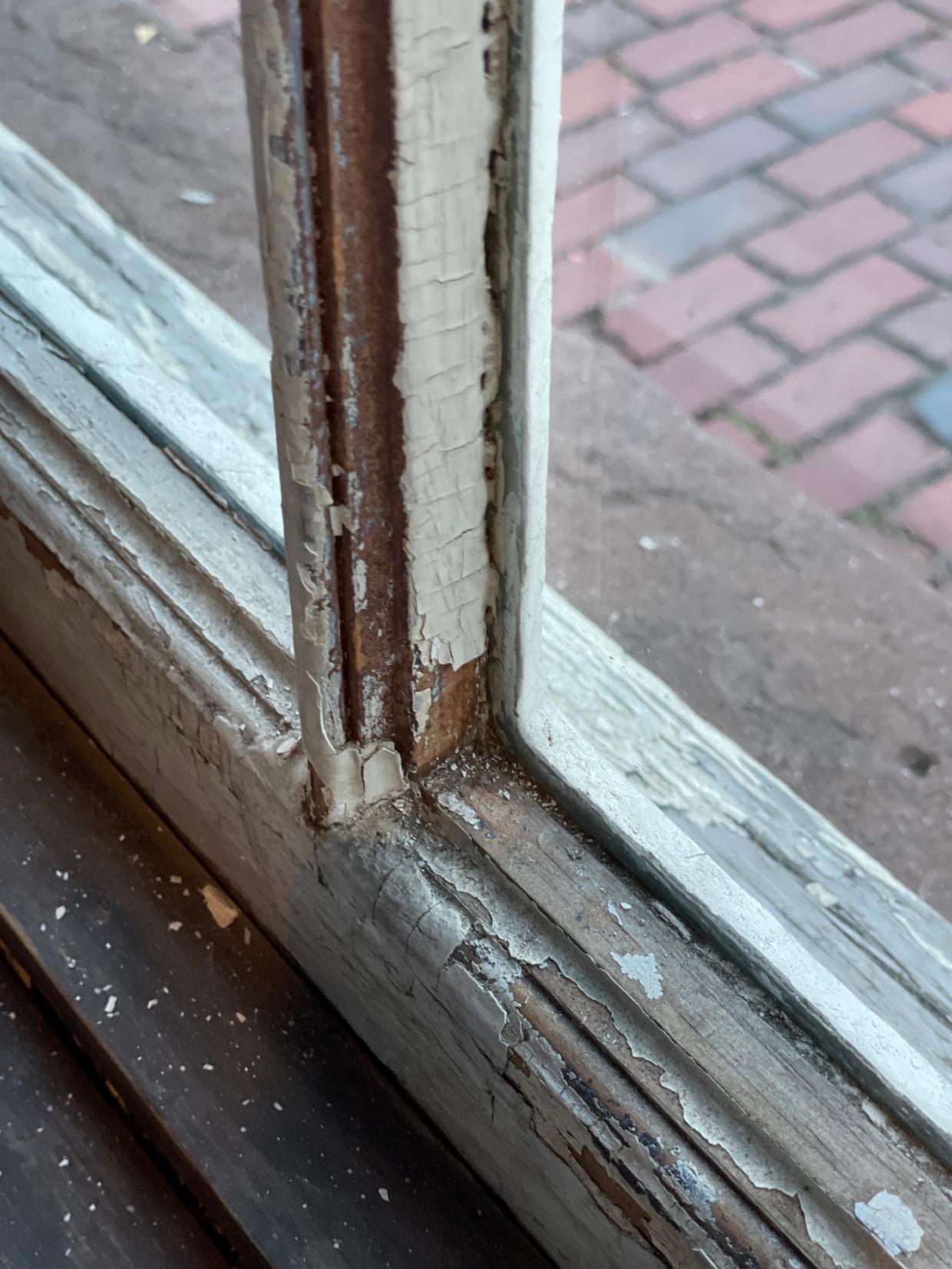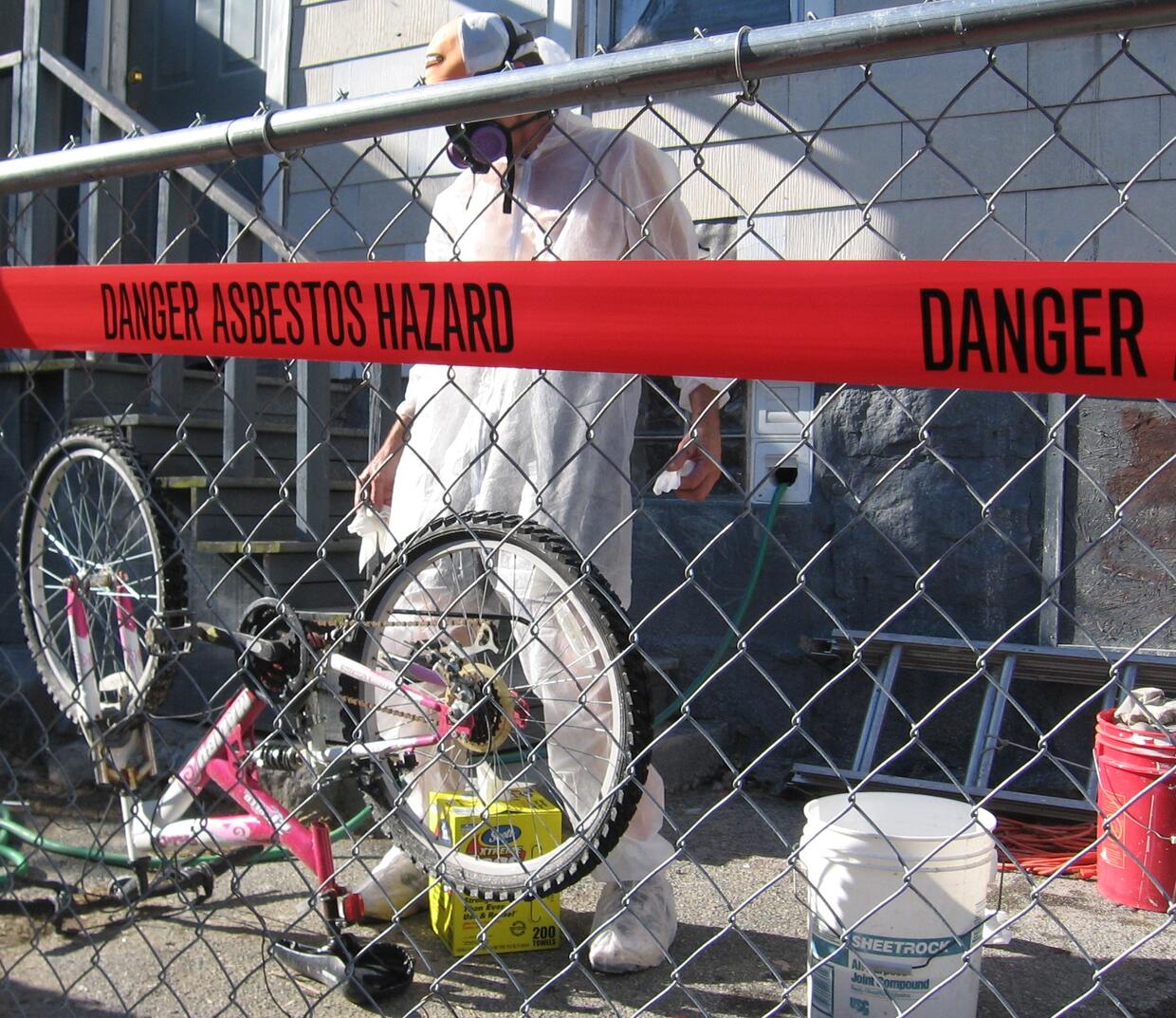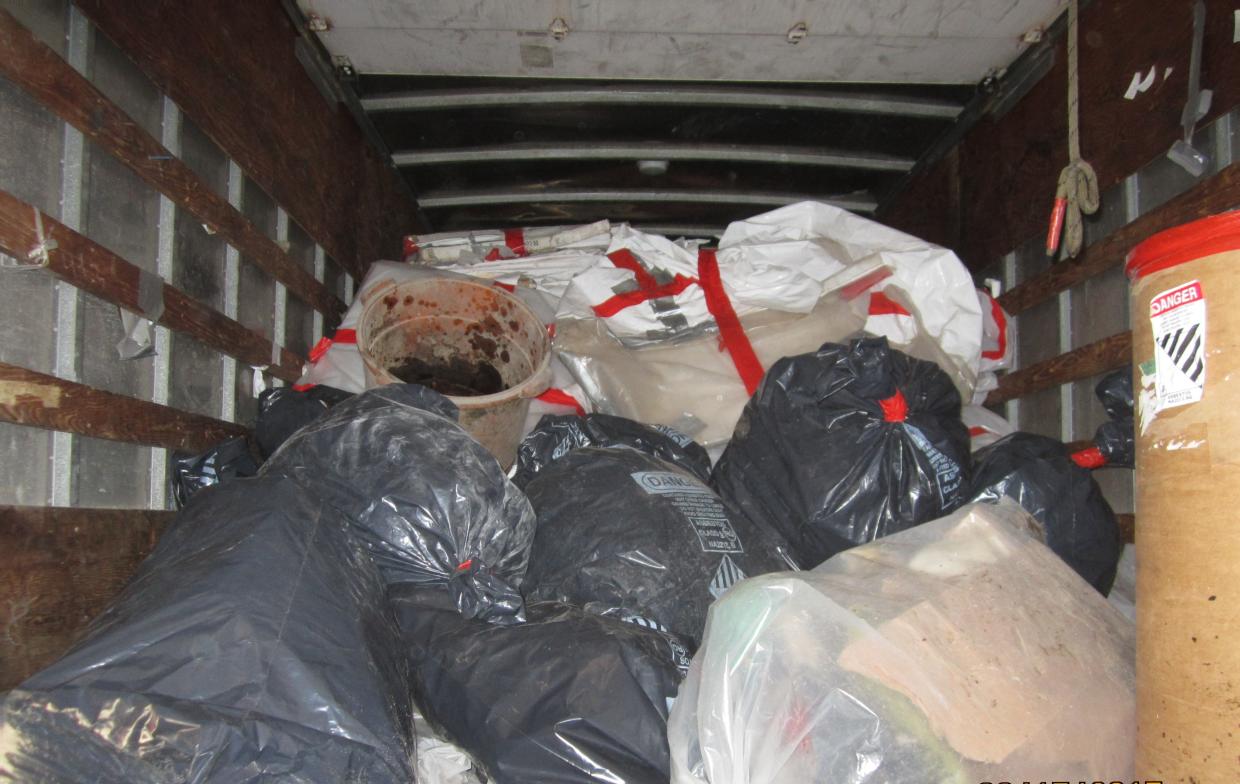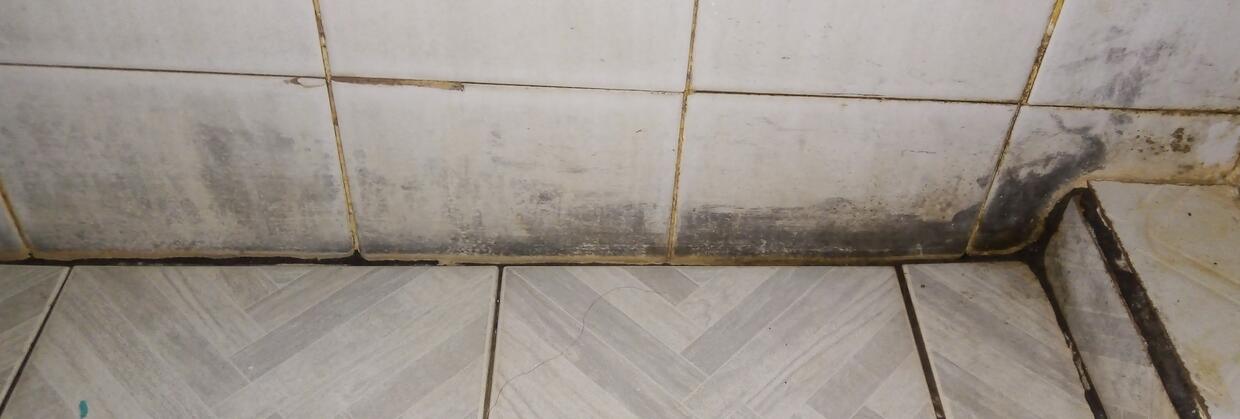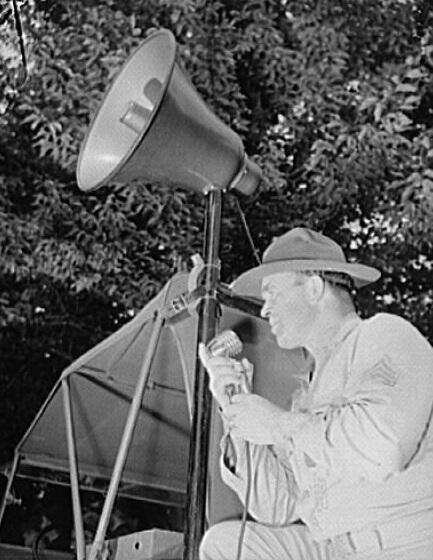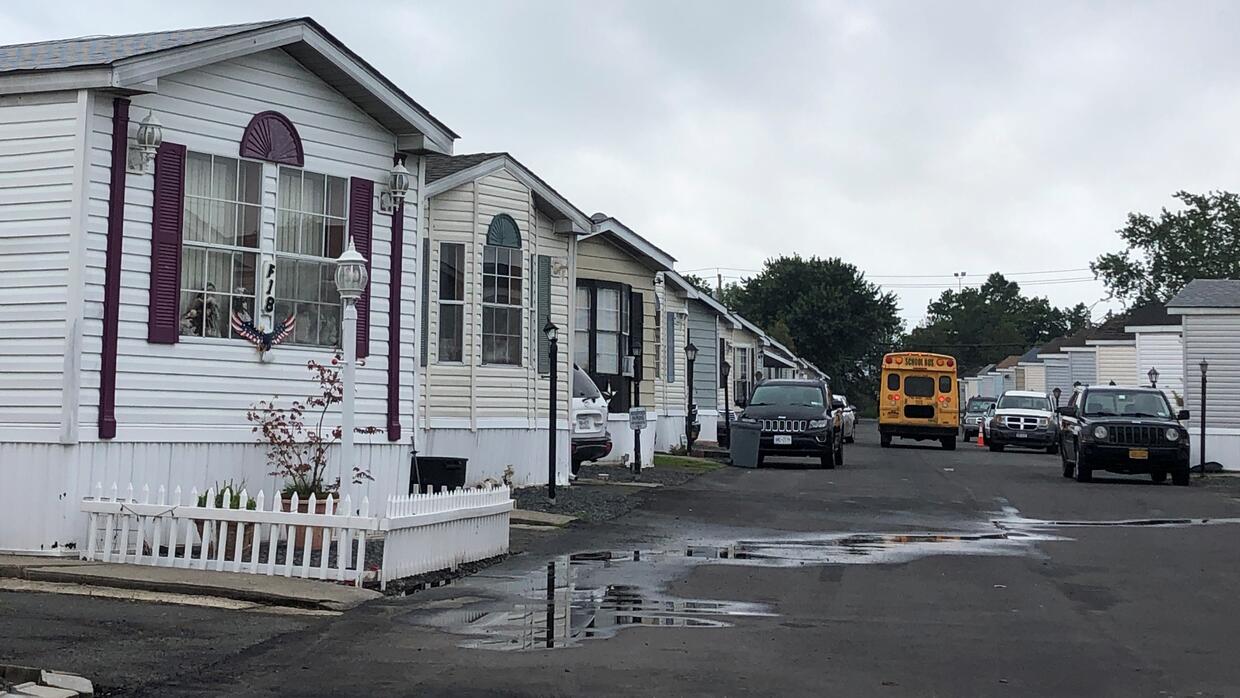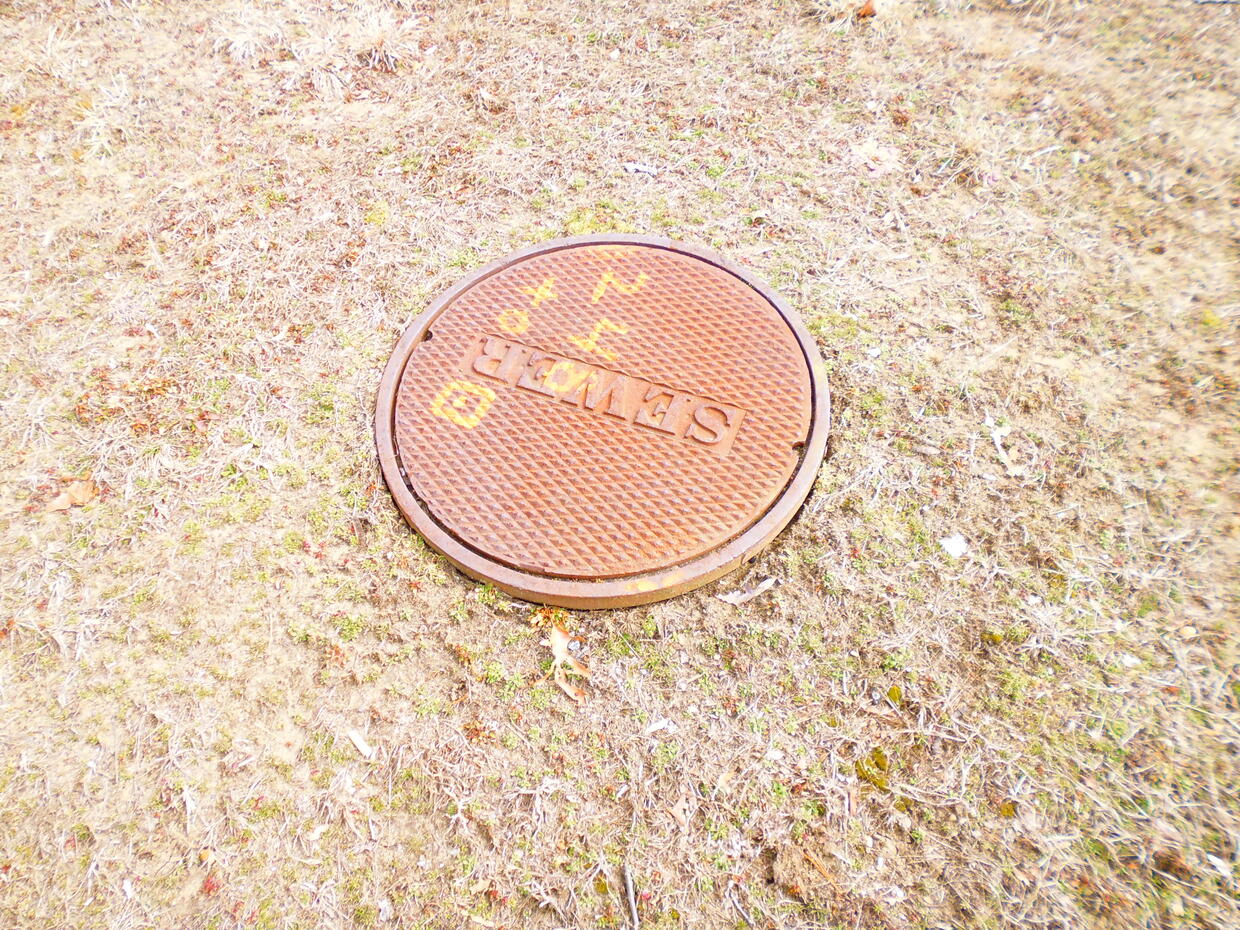Lead exposure is a critical health issue that can affect almost every organ and system in your body. Children aged six years and younger are the most susceptible to its effects. Even low levels of lead in the blood of children can result in behavior and learning problems and lower IQ, among other health concerns. In rare cases, ingestion of lead can cause seizures, coma, and even death. Lead can be harmful to adults as well, from cardiovascular effects to reproductive problems.
Lead pollution in the home can impact people through several pathways.
- Lead sources at home include dust, water pipes, plumbing materials, ceramics, solders, gasoline, batteries, ammunition, and cosmetics.
- Lead paint can a major source of lead pollution in the home, especially if your home was built before the banning of lead-based paint in 1978.
- If you do have lead paint in your home: it may require attention, especially if it is deteriorating (i.e., peeling, chipping, chalking, cracking, damaged, or damp) or if it is on surfaces that children can reach.
- Lead paint on surfaces that rub can create lead-contaminated dust in the air. Pay attention to surfaces that rub against one another or get a lot of wear-and-tear, such as windows and windowsills; doors and door frames; stairs, railings, banisters, and porches.
- Lead can even create health risks outdoors in your yard. Lead may be present in the air, the soil, and in groundwater from industrial sources or certain aircraft exhaust and may travel long distances before settling to the ground.
Resources are available to help you identify whether there is lead in your home or on your property, what to do about it, and how to pay for it, including the following:
- Have a lead risk assessment done. A certified lead risk assessor can inspect and test a home for lead-based paint hazards in the paint, dust, and soil, and provide a report on the results. The U.S. Environmental Protection Agency’s (EPA) webpage on evaluating and eliminating lead-based paint hazards has links for finding certified lead risk assessment firms in Massachusetts.
- Demand that your landlord provide information regarding lead in your home. Federal law requires the landlord or seller of a pre-1978 home to tell tenants about known lead paint and lead paint hazards, and to provide: a lead warning statement, an information pamphlet from the EPA and the US Department of Housing and Urban Development (HUD), and a lead disclosure form. Under certain conditions, the law allows a tenant or buyer to withdraw from the lease due to the presence of lead. If a tenant (or buyer) of a pre-1978 home did not receive lead disclosure, you can contact HUD’s Lead Regulations hotline and make a report at (202) 402-7698, or leadregulations@hud.gov
- Ensure that your landlord is complying with applicable requirements to abate lead hazards. The Massachusetts Lead Law requires the removal or covering of lead paint hazards in homes built before 1978 if any children under age 6 live there. A landlord cannot evict or refuse to rent to a family with a child under 6 because a home has lead paint and they do not want to abate the hazards. You can find more information about the Lead Law and how to report violations here.
- Learn more about lead pollution and safety. The Commonwealth of Massachusetts has a number of resources regarding lead pollution and safety here.
- Ask for help. State and local authorities can help if you are having difficulty dealing with a landlord or contractor who is failing to meet legal requirements on lead safety. See the links below for contact information.
- Check your home through online records. Tenants and owners can check the Lead Safe Homes database to see if there is prior inspection history at a specific property.
